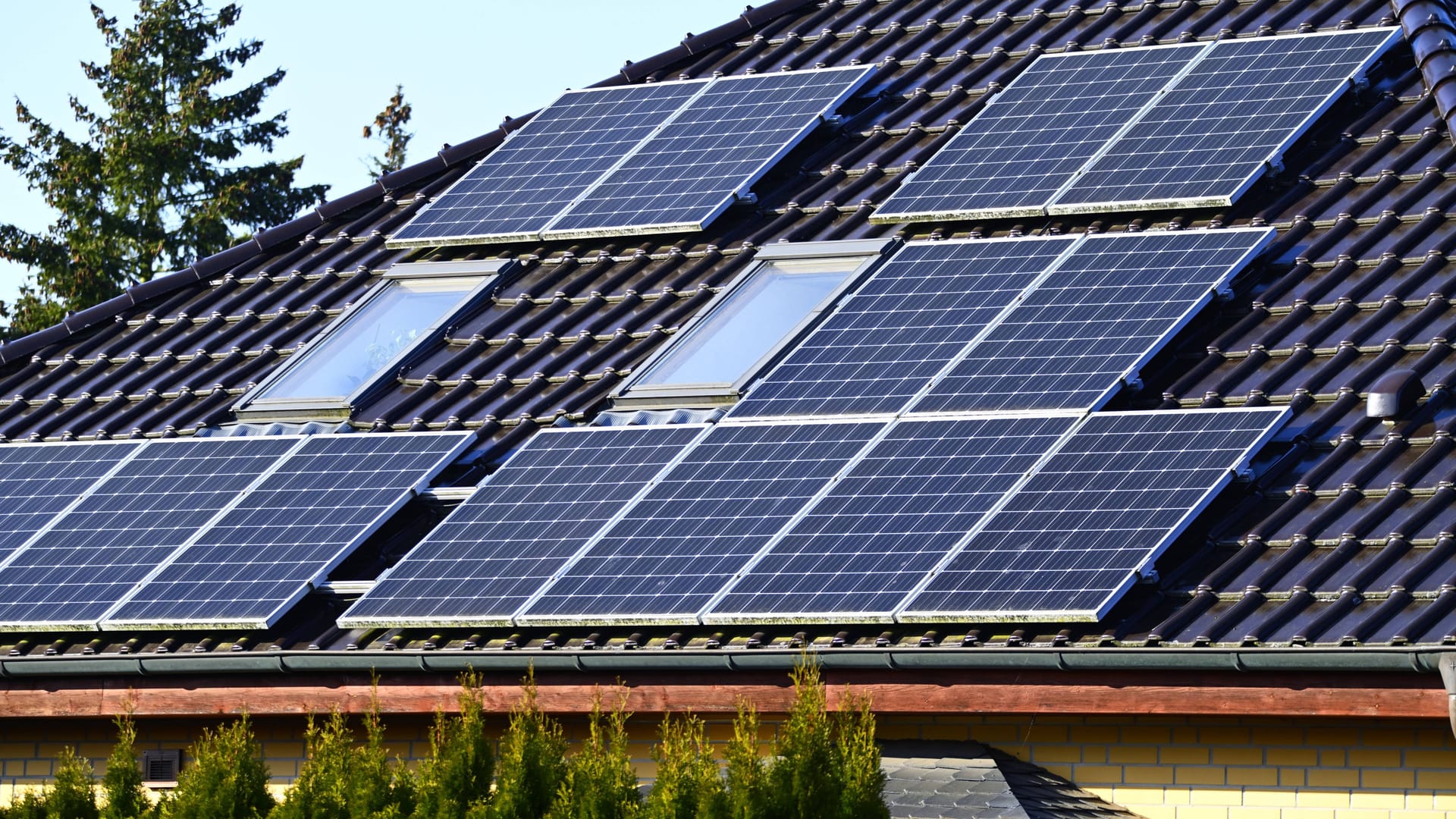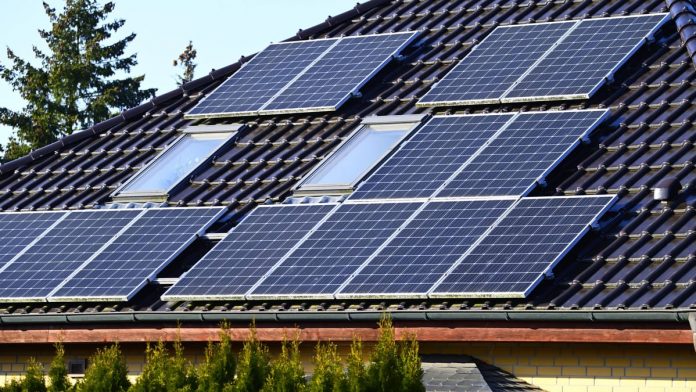Private solar systems
Eon boss demands abolition of the feed-in tariff
20.03.2025Reading time: 3 min.

Eon and RWE are heating up the energy transition debate: their position paper calls for the abolition of the feed-in tariff and more flexible electricity prices.
The energy transition picks up speed – at least on paper. But in practice it looks different. This view is represented by the Eon and RWE energy companies, which, as the largest electricity network operator and largest electricity generator in Germany, are significantly involved in the debate. Together they released a position paper with which they heat up the public discussion about the energy transition. Because a demand that many consumers should not taste is: Abolish the feed -in tariff as it is now.
What key points does the paper contain that demands an “energy transition 2.0”? T-online has summarized some details.
Eon and RWE criticize the current plans for network expansion. This is progressing, but not as required. Instead, it is based on energy policy targets. This leads to oversized the power grid and thus at an avoidable costs. Because planning is often not adapted to the electricity requirement – there are unnecessary expenses that could be avoided at this point.
If both the plans for the network expansion and the technology -specific expansion goals for the renewables were carefully checked and questioned, according to Eon and RWE, the power customer could be spared three -digit billions in the next ten years. In contrast, unnecessary expansion would result in rising kilowatt prices and corresponding energy costs.
By the beginning of the 2030s, a resilient planning basis should therefore be created, which can be adjusted if necessary.
In addition to the weakening of the “excessive regulations of individual technologies”, such as green hydrogen, Eon and RWE are committed to introducing a uniform German electricity price zone. They also demand the targeted expansion of new power plants, storage and renewable energies. Power plants in particular mean new gas power plants. They are intended to ensure security of supply, accelerate the coal phase -out and therefore play a key role in the energy transition.
A point that will certainly negatively refr also to some consumers are the required changes in feed-in tariffs for roof-photovoltaic systems and other smaller power generators. In the future, operators would have to market and sell their electricity themselves. Because a fixed feed -in tariff, as it is now available, would no longer exist. And the remuneration with negative electricity prices should also be abolished. The aim of the measures is to increase incentives for self -consumption.
Leo Birnbaum, CEO of EON SE, justifies the proposal in an interview with the “Frankfurter Allgemeine Sonntagszeitung” with the fact that possession of the system and thus the self -consumption of the generated electricity brings with it for financial relief. “It is ultimately not decisive whether the homeowner will still get 150 euros a feed -in tariff for the part that he does not use himself.”
In addition to the feed-in tariff, electricity prices should also be flexible in the future and are aimed at the under and oversupply of electricity. So that consumers can react flexibly to the high or at best low electricity price, the smart meter rollout must be promoted. According to the position paper, the smart meters are also to be offered “cost -neutral”. Currently, consumers have to pay a certain fee for the smart meter (details on this here).
In itself, the claim sounds consumer -friendly. However, a look at the paper shows that the “cost neutrality” should come about by flexibly reacting the consumer to the electricity price. The smart meter is therefore to be regarded as an instrument to save costs.
Consumers may benefit the recommendation to introduce capacity -based – flexible – network charges. The network fees are currently still set and are around 6.65 cents/kWh. In the future, they should be based on the top load in the power grid specified in advance and not on the amount of electricity actually removed. This corresponds to the principle of cost reflexiveness, according to the corporations.
The problem that RWE and EON addresses with the position paper is not in itself. A petition has been running since February, which also demands incentives for self -consumption of self -generated electricity.


